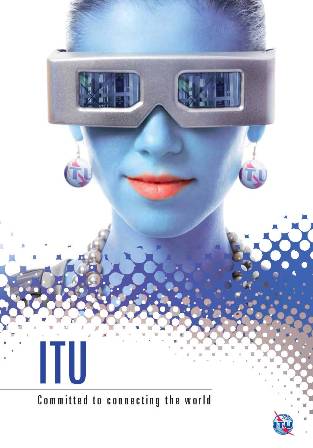ITU Issues 3DTV Recommendations
The professional video industry's #1 source for news, trends and product and tech information. Sign up below.
You are now subscribed
Your newsletter sign-up was successful
GENEVA– The International Telecommunication Union has issue recommendations to foster new tools to evaluate, produce, and exchange 3DTV programming. The ITU has submitted the recommendations to its membership for “accelerated” approval.

.
ITU’s Radiocommunication Sector (ITU-R) developed the standards – or Recommendations – in collaboration with experts from the television industry, broadcasting organizations and regulatory institutions in its Study Group 6.
The ITU-R Recommendations focus on 3DTV program production and broadcasting in for720p and 1080i/p HDTV formats as well as for the digital interfaces used in studios for 3DTV program production, and on the general requirements for 3DTV. ITU-R Study Group 6 also passed a standard for evaluating the quality of 3DTV images, which relates to three aspects, or quality factors: picture quality, depth, and comfort levels.
“3DTV has made a huge impact on TV viewers around the world and led to new developments and opportunities in the broadcast and manufacturing sectors,” said ITU Secretary-General Hamadoun Touré. “The new ITU-R Recommendations will provide fresh impetus to this exciting television format.”
David Wood, Chairman of ITU-R Working Party 6C (WP 6C), said, "These Recommendations will be of great value to those who make and distribute 3DTV programs today and in the future. They will make the 3DTV world more comfortable for the media community, and will surely encourage the success and further development of 3DTV.”
Christoph Dosch, Chairman of ITU-R Study Group 6 added, “This suite of Recommendations illustrates the coordinated work of experts from various disciplines working together in the ITU Study Group. The ITU-R's main job is to agree Recommendations, and we are clearly succeeding with 3DTV.”
The professional video industry's #1 source for news, trends and product and tech information. Sign up below.
The Director ITU’s Radiocommunication Bureau François Rancy noted, “The future of the media looks extremely exciting with options like 3DTV. We can and should contribute all we can to the success of such systems. I once again congratulate Study Group 6 for their outstanding work.”
